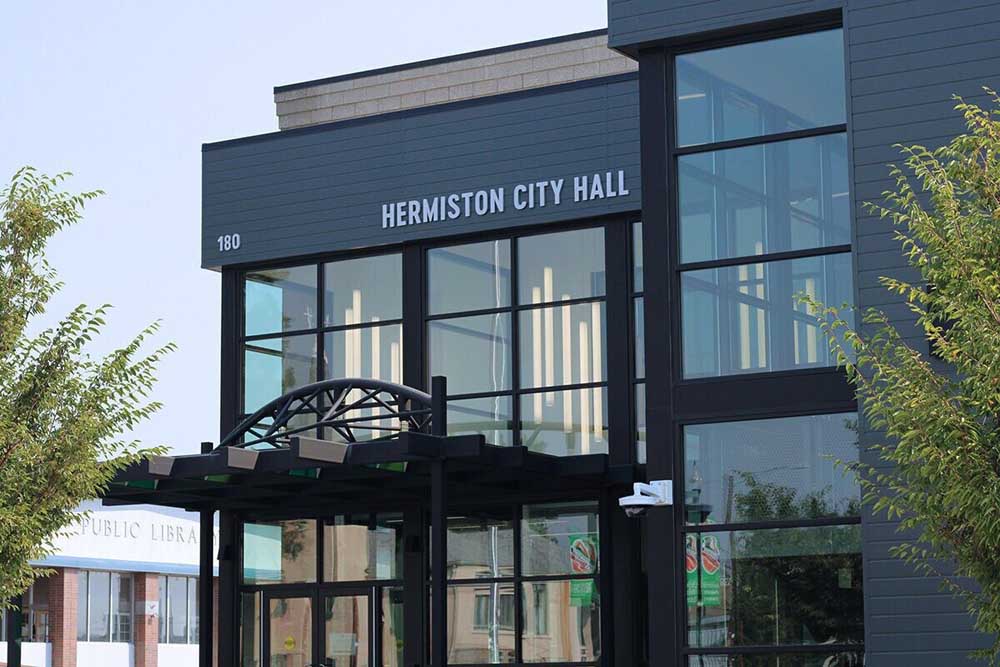Hermiston Chamber luncheon provides tips for giving
Published 1:04 pm Tuesday, September 22, 2015
When it comes to charitable giving and estate planning, knowing the law is an important step to make sure the money goes to the right place.
Sally Anderson Hansell of Anderson Hansell PC, and Stacey Stanek and Kathy Erz of Columbia River CPA Services PC, shared tips for giving during the Hermiston Chamber of Commerce Business 2 Business luncheon Tuesday.
One of the most important things to realize when it comes to charitable giving, they said, is that not every donation results in a tax write-off. The first step is to make sure the organization has legal 501(c)3 nonprofit status from the government.
“There are a lot of wonderful organizations in our community that are not charities even though they do a lot of charitable things,” Anderson Hansell said.
She added that donations to campaigns on websites like Kickstarter and GoFundMe are also not tax-deductible.
The second step is to get a receipt from the nonprofit noting the date and the exact amount of money or list of items donated so the government has proof the donation took place.
Stanek said Goodwill Industries has a useful website that can help add up the financial value of commonly donated items. If an individual item has a value of $5,000 or more it must go through a third-party appraisal before it can be written off.
Some in-kind donations can’t be written off. Erz said she often sees charities auction off a free stay in someone’s vacation home, but she said a donated stay is not tax-deductible.
Just like it is important to know the law before donating big-ticket items, Anderson Hansell said it is important to have help from experts to make sure the bequests go where they were intended.
“There are a lot of potential pitfalls and a lot of unintended consequences that could occur,” she said.
For example, someone could write a will splitting their assets between their children and a charity, but if they live for 10 more years their end-of-life care might eat up the assets meant for their children, resulting in what was left of the estate all going to the nonprofit.
If someone doesn’t want their life insurance policy or bank account to go to their closest living relatives, they can set that up ahead of time so it is transferred directly to a nonprofit upon their death, she said.
Some organizations will even provide free or reduced cost legal counsel to make sure the bequest goes as planned.
Each state’s estate tax, sometimes referred to as the “death tax,” varies but Anderson Hansell said in Oregon there is a $1 million deduction, while any bequests over $1 million to someone other than a surviving spouse are taxed between 10 and 14 percent.
———
Contact Jade McDowell at jmcdowell@eastoregonian.com or 541-564-4536.





